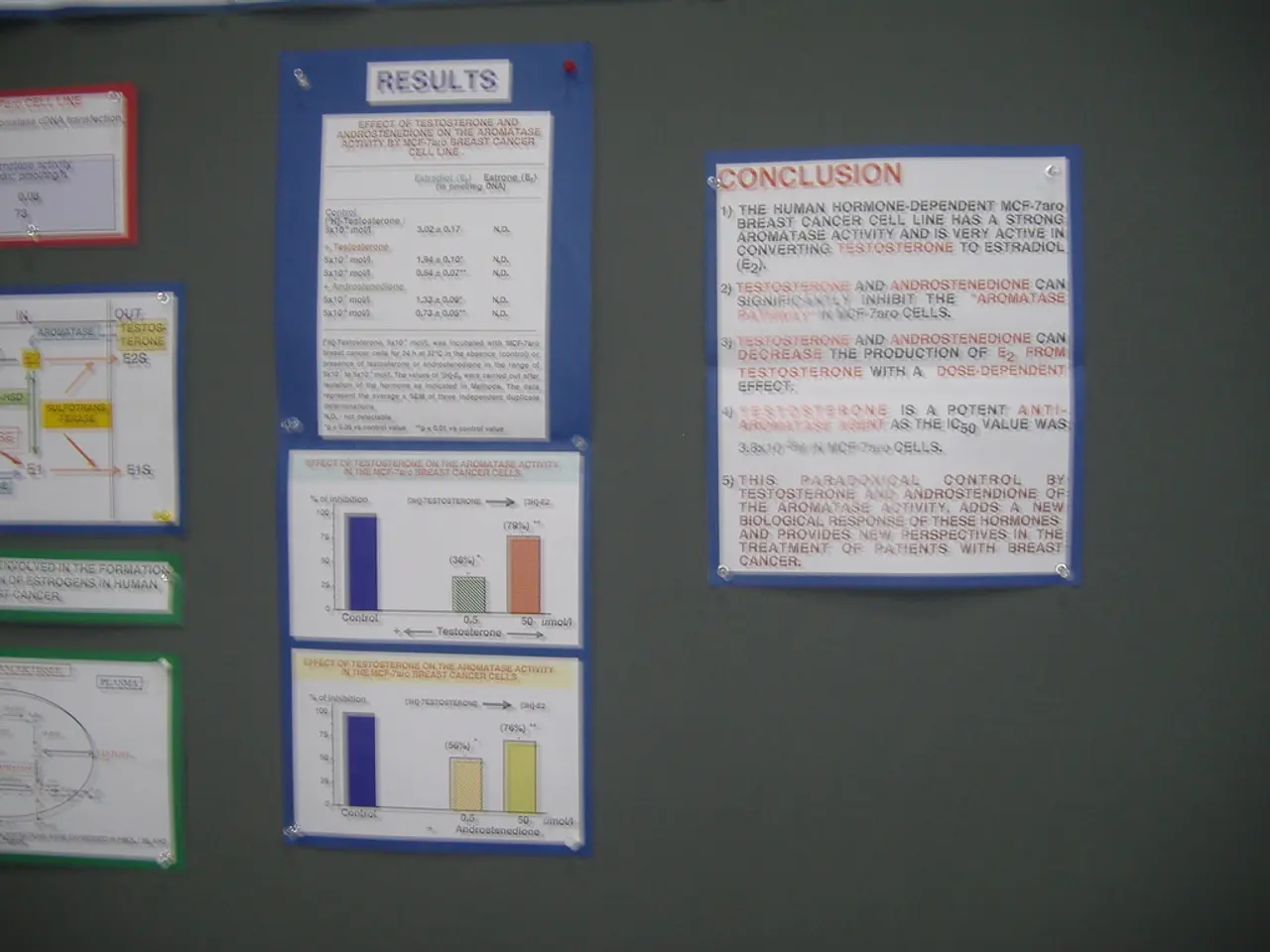Getting Real About Holidays: Does Trimming Really Boost Growth?
Less vacations do not guarantee economic expansion
Hey there! Let's dive into a hot debate – should we scrap a few holidays to boost the economy? The Hans-Boeckler-Foundation, pals with trade unions, gave it a whirl. Their findings? "No evidence that taking away holidays increases economic performance," they announced. In their study, they looked at six instances where holidays were either abolished or introduced, in Germany or its states, over the past three decades.
"Surprisingly, around half the time, the economy thrived better in the areas that kept or introduced working holidays," they reported. Sebastian Dullien, the IMK's boss, said it best: "The idea that if holidays are taken away, growth skyrockets, is too simplistic and doesn't account for the complexities of modern work life."
The Holiday Debate: Less Days Off "Why six weeks of vacation - wouldn't five suffice?"
The idea of ditching a holiday or two to boost the economy has been tattooed on people's brains for months now. The head honcho at the German Chamber of Industry and Commerce (DIHK), Peter Adrian, threw it out there. The Institute of the German Economy (IW) crunched some numbers and figure an extra workday could pump up the GDP by 5 to 8.6 billion euros.
Even Monika Schnitzer, captain of the Council of Economic Experts, endorsed getting rid of a holiday in Germany to cover crisis-related costs. "Abolishing a holiday as a symbol is spot on," she remarked. Back in March, Clemens Fuest, the top dog at the Munich Ifo Institute, chimed in, advocating for getting rid of a holiday to "increase working hours."
The Whole Picture: Most Wouldn't Swap Holiday For Economic Growth
In a separate study, the IMK examined the impact of removing the Buß- und Bettag holiday in all states except Saxony from 1995. The conventional thinking is that "Fewer holidays = more economic growth," but that's not what they found. In 1995, Saxony's GDP grew stronger, rather than weaker, than the rest of Germany. "Economically, the federal average grew by 3.4%, but in Saxony it soared by 9.7%," the researchers noted. Saxony's GDP also outpaced its neighboring states of Saxony-Anhalt and Thuringia, which abolished the holiday.
In Sum: A Balanced Approach
Recent research suggests that while scrapping holidays can provide a slight bump in immediate economic activity, it might lead to lower productivity and morale in the long run, which can drag down sustained economic growth. Thus, recent research advises striking a balance, where some holidays and time off facilitate workforce well-being and productivity, ultimately benefiting the economy, even if trimming holidays looks good for immediate GDP.
Enrichment Data
- Recent studies indicate that eliminating holidays does not straightforwardly harm economic growth in the short term and can even provide a slight boost to GDP. A 2022 study by two economists found that if a federal holiday falls on a weekend and is not rescheduled to a weekday, the nation's total output increases by about 0.08% to 0.2% compared to when it is rescheduled to a weekday. This implies that fewer weekdays off due to holidays can increase immediate economic activity, particularly in sectors like manufacturing, which can be significantly affected by holidays.
- However, the picture is more nuanced when considering the longer term. Paid time off, including holidays, has been associated with increased worker morale and productivity over time. Workers who take more time off tend to perform better and are less likely to leave their jobs. An internal Ernst & Young survey showed that for every 10 additional hours of vacation taken, employee performance reviews improved by 8%. Similarly, research by Microsoft highlights that excessive and unrelenting work without adequate breaks leads to burnout and decreased capacity to keep up with work demands.
- Other studies show mixed or unclear effects of additional days off on overall GDP. For example, some research cited in 2025 mentions varying results with no clear consensus on the economic impact of extra weekday holidays, highlighting the complexity of assessing the net effect on growth.
- In summary, while eliminating holidays can slightly increase short-term economic output by increasing working days, it risks reducing worker productivity and morale over the longer term, which can negatively impact sustained economic growth. Thus, recent research suggests a balance is necessary, where some holidays and paid time off support workforce well-being and productivity, benefiting the economy in the long run, even if the immediate GDP impact of eliminating holidays appears positive.
"Incorporating vacation time, such as community holidays, into a comprehensive work-life balance policy could serve as a key factor in maintaining employee morale and productivity, as previous research has shown that workers who take more time off tend to perform better and are less likely to leave their jobs."
"Considering the findings of recent studies, it might be advisable for policymakers to consider vocational training opportunities and financial support for businesses to accommodate workers' need for time off, rather than focusing solely on eliminating holidays to boost immediate GDP figures."




